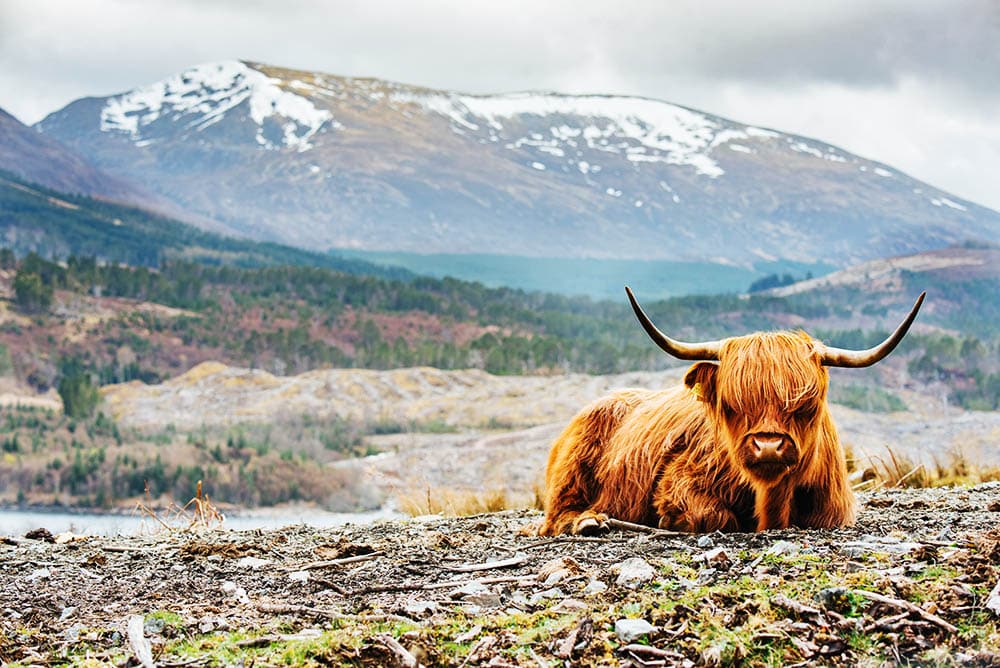Wildlife plays an essential role in the ecosystem, and its presence is critical to maintain a balance between various elements that promote healthy living. In simple words, humans and the planet itself face irreversible damage if we fail to protect our terrestrial fauna. From providing food to regulating the environment, wildlife is a crucial part of our existence. It is time for humanity to take responsibility and protect the terrestrial fauna for the health of our planet.
The importance of protecting terrestrial fauna in our ecosystem
Terrestrial fauna, living organisms that live on land, including mammals, birds, and reptiles, plays a crucial role in helping the environment function correctly. Without them, the other elements of the environment become unstable, which ultimately can lead to significant imbalances in nature, bringing about adverse ecological changes that impact everything, even human survival.
Here, I highlight some of the critical benefits of wildlife and how we can protect them to save our planet’s health:
Regulation of Ecosystems
Terrestrial fauna plays a critical role in the regulation of ecosystems. For instance, birds are vital in spreading pollen and pollinating plants, and bats are vital in controlling the insect population. Likewise, the food chain depends on the balance of predators and prey, with bugs serving as a food source for birds, agriculture, and livestock.
In summary, the regulation of ecosystems is vital in keeping everything in check so that one group does not overpopulate and ends up throwing the environment off balance.
Sustainability
One of the most critical reasons why protecting terrestrial fauna is crucial for health lies in sustainability efforts. Rapid urbanization, industrialization, and deforestation require more natural resources, which depletes the environment and creates an imbalance in the ecosystem.
For this reason, it is paramount to protect terrestrial fauna to preserve critical ecosystems and promote the sustainable use of resources.
Disease Control
Terrestrial fauna like bats and monkeys can be hosts for many viruses that may spread to other species, including humans. Protecting wildlife is crucial in preventing the spread of diseases that could wipe out entire populations.
How to protect terrestrial fauna?
Protecting terrestrial fauna is crucial for the health of our planet, and it’s our responsibility to protect it. Here are some tips that can help in conserving terrestrial fauna:
Preserve natural habitats
Habitat loss remains the biggest threat to the survival of wildlife. As people continue building infrastructure, cutting down forests, and polluting our planet, wildlife’s habitats are destroyed, and its inhabitants are displaced or killed. To keep our terrestrial fauna healthy, we must conserve natural habitats by preserving a minimum of 12% of our land ecosystems.
Make sustainable choices
Sustainability starts with our actions. From reducing our carbon footprint to supporting eco-friendly businesses, we can all do our part to minimize our impact on the environment. In addition, we can minimize our consumption of goods that contribute to deforestation, including beef and products made with palm oil.
Support conservation efforts
We can support conservation efforts by donating time or money to wildlife organizations or even adopting an animal. These efforts are crucial for saving endangered species and preserving our ecosystems.
The consequences of neglecting terrestrial fauna
Neglecting terrestrial fauna would cause great ecological imbalances, which would inevitably lead to catastrophe. Overpopulation caused by the lack of predators for herbivorous wildlife would lead to the rapid depletion of vegetation that we rely on for food and oxygen. This would lead to an uncontrollable rise in carbon dioxide levels, jeopardizing the planet’s ability to support life.
Endangered species play a vital role in promoting biodiversity, and their disappearance can have devastating consequences across various ecological and social dimensions. One of the most significant impacts of neglecting terrestrial fauna is the damage it inflicts on local communities. Indigenous populations across the globe rely on wildlife for medicinal purposes, food, and other cultural practices.
Conclusion
Terrestrial fauna plays a critical role in the survival of our planet. By protecting them, we not only ensure their survival and prevent irreversible ecological imbalances, but we also secure our own survival on this planet. By implementing sustainable solutions, supporting conservation efforts, and preserving natural habitats, we can work towards ensuring that mankind and wildlife coexist in harmony. It’s time to join the fight and protect our terrestrial fauna to support a healthy planet for future generations.
